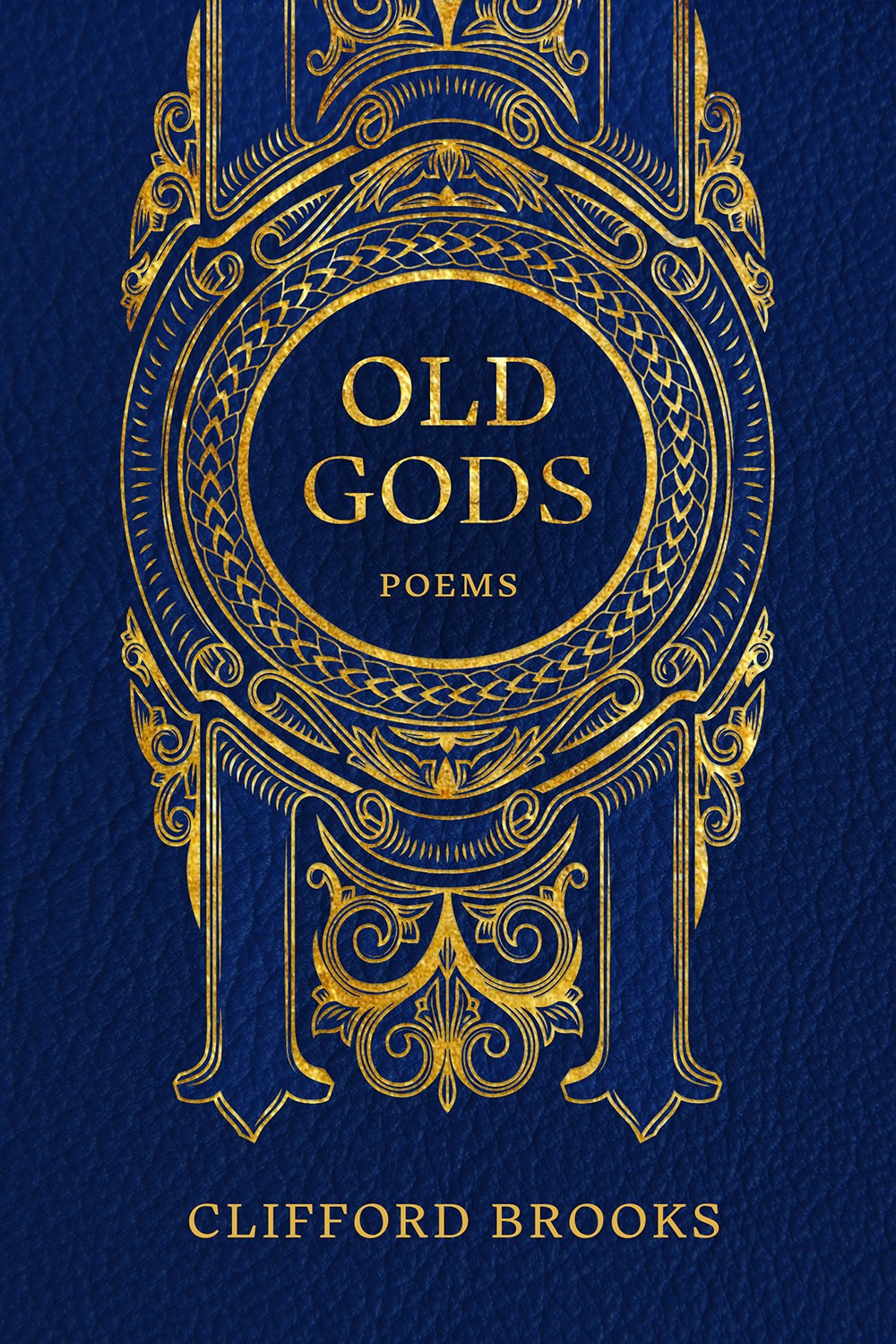“Sad Grownups” Explores What Sadness Says About Life

Table of contents
Rechercher dans ce blog
- février 20262
- janvier 202614
- décembre 202510
- novembre 20259
- octobre 202515
- septembre 202518
- août 202516
- juillet 202519
- juin 202515
- mai 202519
- avril 202515
- mars 202518
- février 202515
- janvier 202511
- décembre 202412
- novembre 202414
- octobre 202419
- septembre 202419
- août 202415
- juillet 202419
- juin 202418
- mai 202417
- avril 202418
- mars 202421
- février 202417
- janvier 202412
- décembre 202314
- novembre 202315
- octobre 202319
- septembre 202318
- août 202318
- juillet 202314
- juin 202317
- mai 202317
- avril 202311
Qui êtes-vous ?
Recent in Technology
“Old Gods”: New Poems from Clifford Brooks
In Clifford Brooks’s Old Gods, a longing voice filters through each poem, and references to cult films and hip-hop groups collide with philosophical reflections about nature, the South, and relationships gone right and wrong. The speaker’s self-awareness – of being “the eye / of a bad actor” – is stark and humbling, a checkpoint for all readers to take a step back and look inward at their own existences and selves and their function in an ever-changing world. Nature abounds as a healing force, but also as a place where the speaker recognizes their most flawed pieces. In a “soul’s chewed center” exists a fox, and the speaker’s self-described “disease” is “an oyster / of addicted pearls.”
Geography, specifically the geography of the South, is also important to the collection. References to Atlanta, Lexington, and Richmond establish a sense of place as well as the speaker’s undeniable connections to the region. In “Richmond,” Virginia’s complex capital holds “No promises. No romance. No phone calls.” The speaker’s emotional, even physical distance, from the place is well established as “interstate inevitably dies on” and the capital transforms into a city inviting hindsight and reflection, not necessarily about its own complicated history, but the speaker’s.
In other poems, the rapidly changing, “post-COVID” world collides with the solace and expanse the nighttime offers. “In Jest; the Expanse” gently blends and bends nature to humankind’s will. The sky is personified, described as a “naked place” where “Rilke, lilac, and lights” stand as “Delicious bouquets.” Then, the speaker toys with the potential double-meaning of the word “Tesla:” “Incandescent rubles / spark Tesla arcs of diamonds.” Whether Tesla directly refers to the influence of Musk’s multinational automotive company on modern society or the famous Serbian-American inventor Nikola Tesla’s contributions to science is vague. This allusion creates a surreal duality, reinforced by the words “Incandescent,” “spark,” “arcs,” and “diamonds.” The incorporation of the word “rubles,” the modern currency of Russia, creates a sense of global awareness, capitalism, and transaction. Other allusions to Canadian indie rock band Arcade Fire establish a contemporary tone, and the poem carefully balances itself on its final three lines: “No disease. / No broken tables. / No scathing hours.” A sense of escape from the modern world’s bindings and trappings originates, leaving readers with a sense of only vast expanses lying ahead of them.
“Measuring the Day” is a sleek contemplation of time. The brief lines, only one to four words in length, inch readers closer to the inevitable realization that time is inescapable. Personification of natural elements creates an intimate tone as “Long nights / leave footprints” and inches creep forward into lost time. The poem also reinforces the idea that time is a rather inclusive force, one that leaves no one feeling “cast aside.” These philosophical observations are made exact and profound thanks to the lines’ brevity and stanzas’ compactness.
“Skeletons Whisper My Name” is a haunting poem, blending memory, childhood, and the trauma of aging. “Father and son abide” in states of rage and pity, and the relationship’s complexity unfolds slowly for readers, hinging entirely on a well-placed em dash:
Rage, pity—
useless as shoveling rain
with a pitchfork.
The hyperbolic image not only cements the fraught relationship’s tense emotions. It also adds a pinch of dark humor to the poem. As the poem concludes, nonetheless, readers see a plea for forgiveness:
Do not relent to sorrow.
Drop the Atlas-aching weight.
You do not want it.
I do not want it.
A criticism of the relationship’s materialistic roots blooms as the poem concludes and the speaker reflects, “All those cars. / Convertibles without a conscience.” The speaker’s emotional emptiness prevails.
The speaker’s emotions displayed in “Skeletons Whisper My Name” emerge again in “My Father & I Share Seasons.” A concise, three-stanza poem, the speaker conveys a father’s old-world wisdom:
Pop pointed out:
Good luck is a lie.
Success is a soap opera.
Wisdom is freedom earned.
If it wants your worry,
piss on it.
The stanza possesses a crass, yet endearing, tone. Unlike other poems focused on the father-son relationship, however, this poem offers hope, generational insights, and redemption.
While Old Gods, in many ways, is a tribute to past figures, philosophies, and wisdoms, it is also a forward-thinking collection grounded in the future’s inevitable offerings. From “Highway to airplane” to “exact recollection,” Brooks’s poems leave no physical, philosophical, or emotional territory unexplored.

POETRY
Old Gods
By Clifford Brooks
Mercer University Press
Published September 5, 2023
People
Most Popular
Room as Refuge in Kiss Me in the Coral Lounge

Table of contents
Quit Lit: A Reading List
Tags
Categories
Ad Code
Popular Post
“Sad Grownups” Explores What Sadness Says About Life

Table of contents
Labels
Popular Posts
Room as Refuge in Kiss Me in the Coral Lounge




0 Commentaires